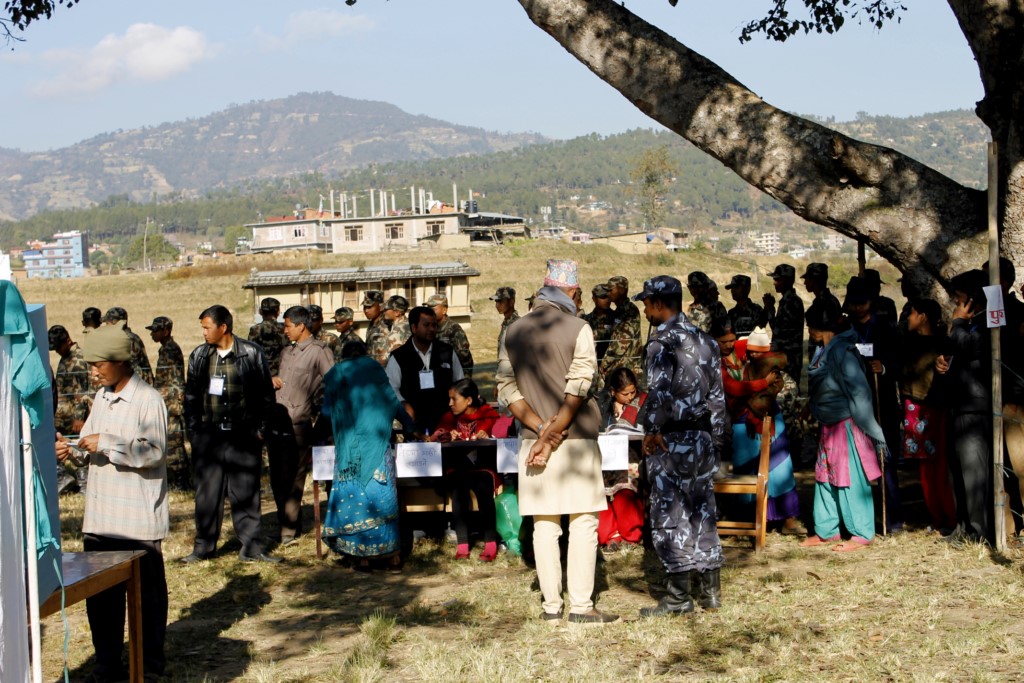Ever since the establishment of democracy in Nepal, elections have been the driving force to remain a democratic nation. By active execution of their voting rights Nepali citizens can choose whom they prefer to run the government. However, the election observation committee of Nepal (EOC) , has called into question the integrity of electoral democracy in Nepal.
High expenditure in Nepali elections has become a norm. High campaign spending by the candidates and political parties has come to be a major concern determining the validity of elections in Nepal. Considering the situation, questions about the regulatory framework governing election campaigns in Nepal arise.
A nine month long study conducted by the Election Observation Committee of Nepal, showed money to perhaps be the most significant factor in Nepali elections. In the 2017 federal and provincial level elections under the new federal system of governance, candidates spent more money on elections than all of the political parties and Government combined.
Financial evidence obtained by the Election Observation Committee of Nepal shows that, Rs. 6,942 Crores was spent on the local level elections, in which candidates and their supporters spent Rs. 5096 Crores while the Government spent only Rs. 1,846 Crores. This puts the average cost of one vote at Rs.4,923.
Moreover, the provincial and federal elections spent an estimated Rs. 6,221, in which candidates and their supporters spent Rs. 4,595 Crores while the Government spent Rs. 1,626 Crores. This keeps the average cost of one vote for federal and provincial level elections at Rs. 4,040.
The trend of extravagant spending in Nepal’s elections is negatively influencing the electoral integrity of Nepal. Moreover, the lack of access to
equal funds creates a disparity among competing candidates. The practice of high spending in election campaigns can put electoral accountability at risk by giving much power to financers.

